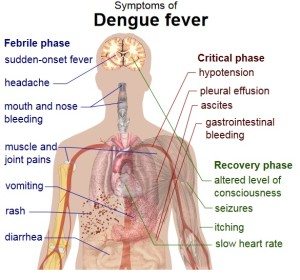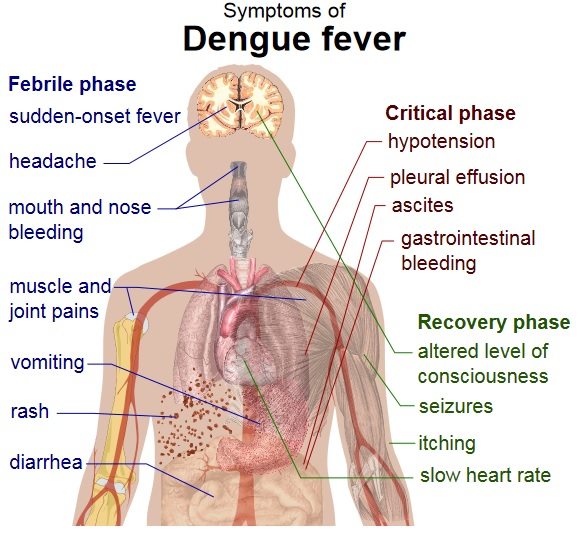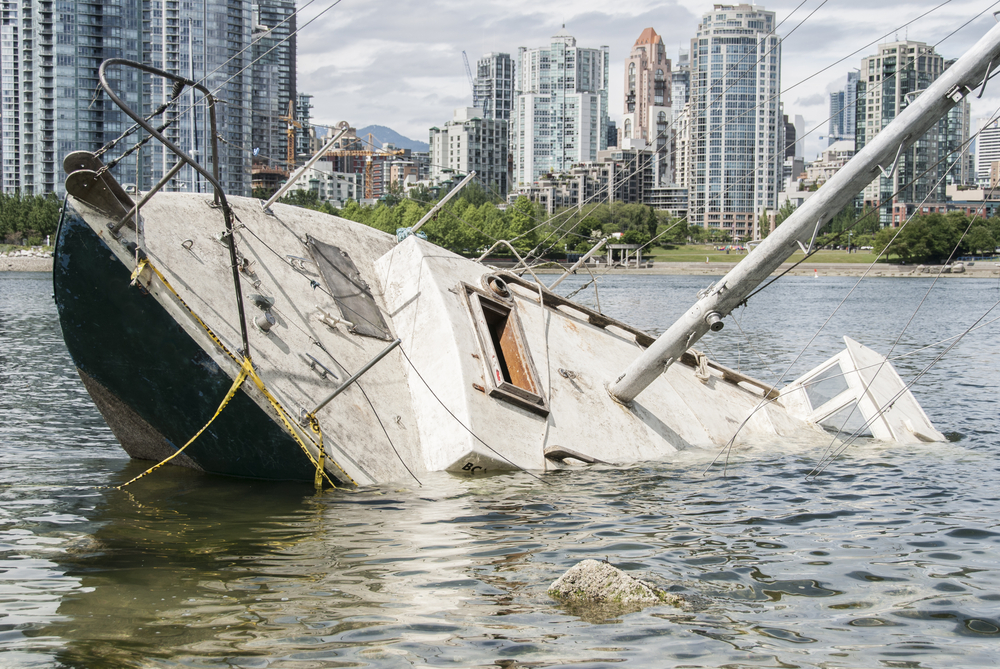
Of the many diseases that can threaten cruise passengers, Dengue Fever is particularly frightening. Individuals suffering from the disease experience a skin rash, muscle aches, joint pain, and fever. In some cases, the illness can develop into a more severe condition that can lead to bleeding, low blood pressure, shock, and in serious cases, death.
According to Climate Central, incidence of Dengue Fever is on the rise, with climate change and travel being cited as main culprits. Dengue is spread through mosquito bites and it thrives in warm climates—the very climates cruise passengers tend to travel to.
While the virus normally has to incubate in a mosquito that harbors the illness for about eight to ten days, warmer weather can shorten the incubation period. This means that mosquitoes in the warm Caribbean are more likely to transmit the disease. And, cruise passengers sailing to the Caribbean are at a higher risk of contracting Dengue.
Scientists estimate that by the end of the century the risk of contracting Dengue Fever will double. But does this mean that cruise passengers should worry? Yes and no.
In most developed countries, mosquito control programs keep Dengue at bay. Yet, with more cruise ships visiting remote ports of call and with the heat levels rising around the world, it is impossible to contain the virus entirely. For example, in Hawaii, 117 cases of Dengue Fever have already been confirmed and scientists are currently looking to track the two kinds of mosquitoes known to carry the illness—Aedes aegypto and Aedes albopictus.
CNN reports that Dengue has been reported in tropical Asia, Africa, the Caribbean, and South Pacific, which are popular destinations for cruise travel during the winter season. Plus, epidemics like the kind we’re seeing in Hawaii are rare, so scientists are rightfully concerned and stepping up investigations. However, the operative word is “rare”.
In addition, it is important to note that as many as three-fourths of those who contract Dengue don’t actually become ill. Still, the lack of visibly stricken victims is no surefire sign that the disease is not present. If you do plan to sail to Hawaii or to other destinations where there is a known Dengue risk, do not hesitate to seek medical attention if you begin to suffer from muscle aches, high fever, and severe joint pain.
The good news is that when properly treated, death from Dengue fever is rare. That said, cruise ships, hospitals, and clinics have a responsibility to be prepared for outbreaks. Travelers, likewise, should educate themselves about the risk, and use insect repellent when possible to prevent bites.
Published on December 10, 2015
Categories: Cruise Ship Law, Maritime Law
Get Free
Consultation











